Why Your Cat Could Be Refusing to Eat — And When to Be Concerned
Published May 2 2023, 9:09 a.m. ET
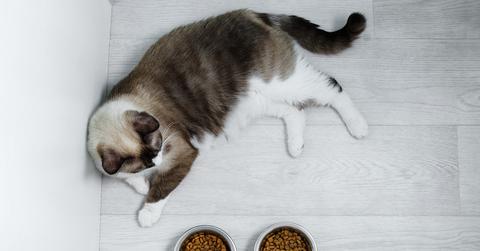
If your cat isn't touching their food, don't panic. Loss of appetite is common, and not always an indication of a serious illness, but it's still something to pay attention to. Luckily, there are several methods to encourage your cat to eat and figure out the root cause of why your cat isn't eating.
Let's take a look at the most likely scenarios of why a cat loses their appetite.
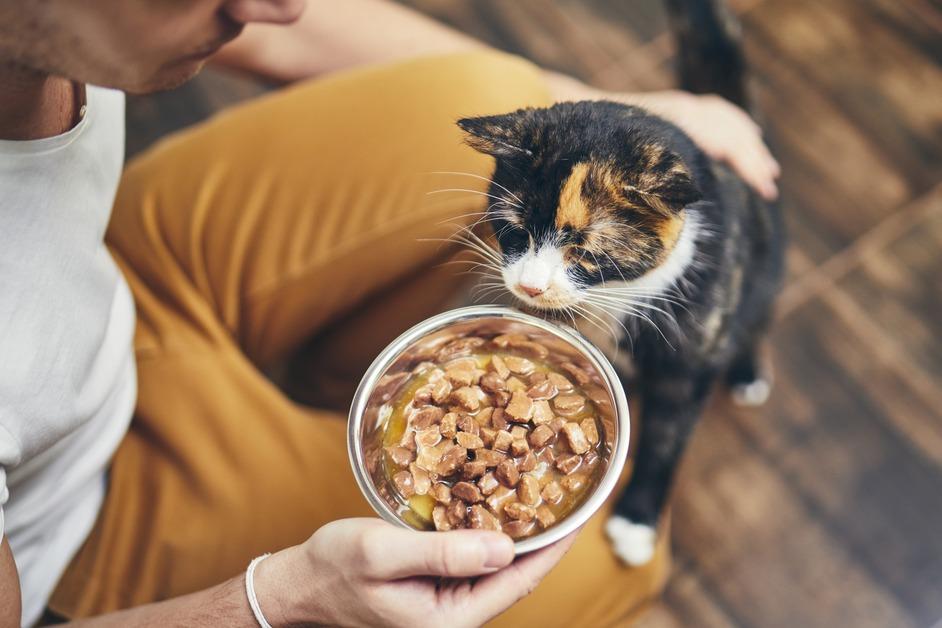
They could be experiencing indigestion.
If a cat eats something that is not part of their normal routine, like garbage, or a dead animal, they may experience vomiting, diarrhea, as well as a decreased appetite. Indigestion can also be a result of cancer, the most common in cats being lymphoma, which spreads in the intestines, per BondVet.
It could be a dental issue.
Cats could also refuse to eat because of pain inside their mouth. This could be a broken tooth, a mouth infection, or stomatitis, which is defined as inflammation of the soft tissue in the mouth.
If your cat is experiencing any of these, you may notice them hissing or crying when trying to chew, and their mouth tissue could appear red and irritated, per FETCH by WebMD.
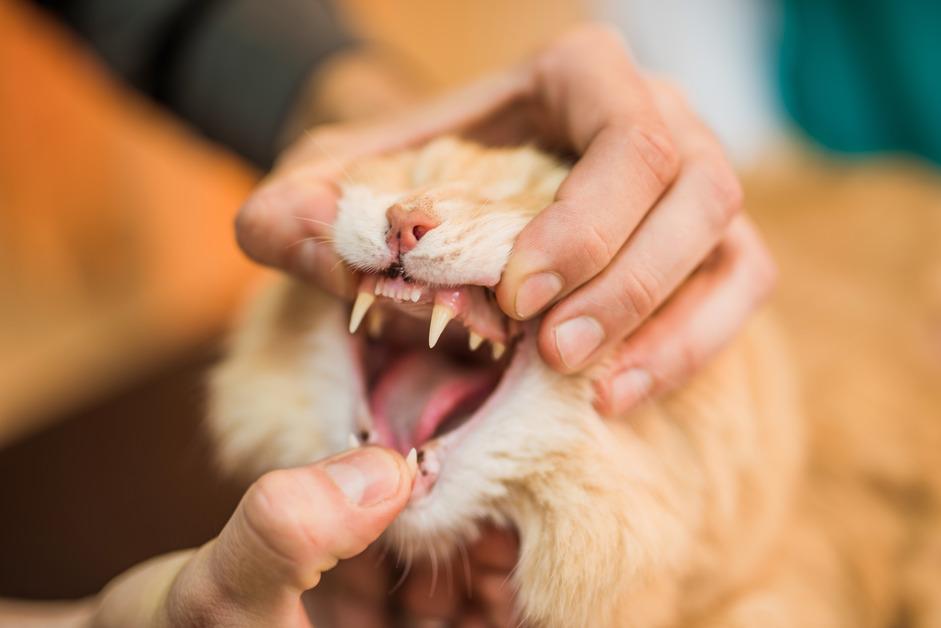
Did they have a recent shift in routine?
Any sort of change in environment, food, or routine could result in your cat losing their appetite. Especially if you have taken them on a little trip recently, the traveling could have given them motion sickness, which can of course lead to nausea and not wanting to eat, per FETCH by WebMD.
It may be a mental health issue.
It's hard to hear, but your pets can get depressed too.
Don't get down on yourself as a pet parent if this is what is happening, your cat could be depressed, anxious, or stressed for many reasons, like the loss of a companion (pet or human), new people or environments, and even certain noises.
So, if you and the veterinarian can't find anything physically wrong with your cat, their mental health may be what is causing the loss of appetite, FETCH by WebMD.
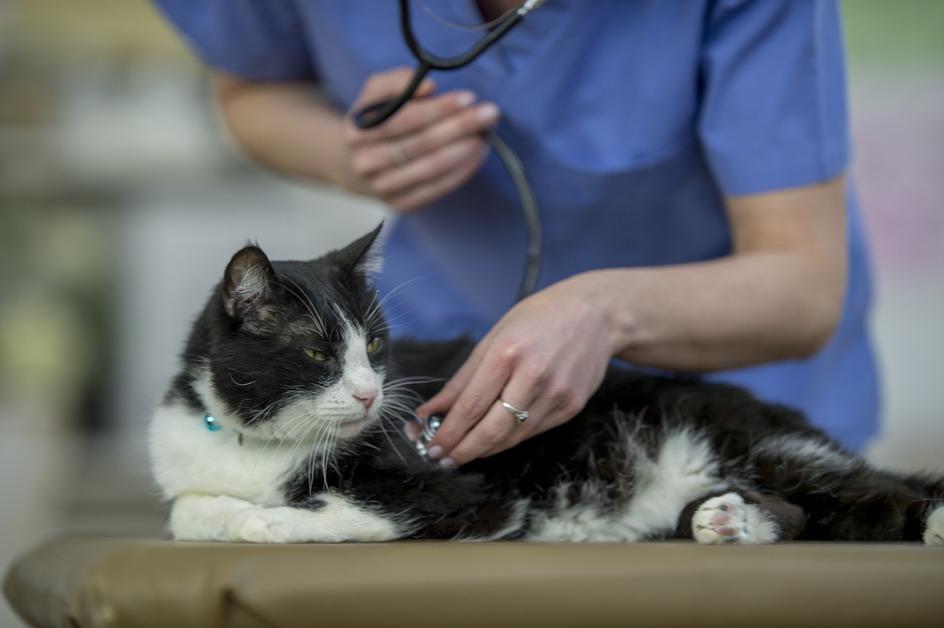
Yes, hairballs are real.
A hairball issue is more common in a long-haired kitty. Veterinarians say that more than one hairball per month is something that warrants a gut investigation. For cats with longer hair, there is a greater potential for them to ingest more hair while grooming that doesn't pass as easily, per BondVet.
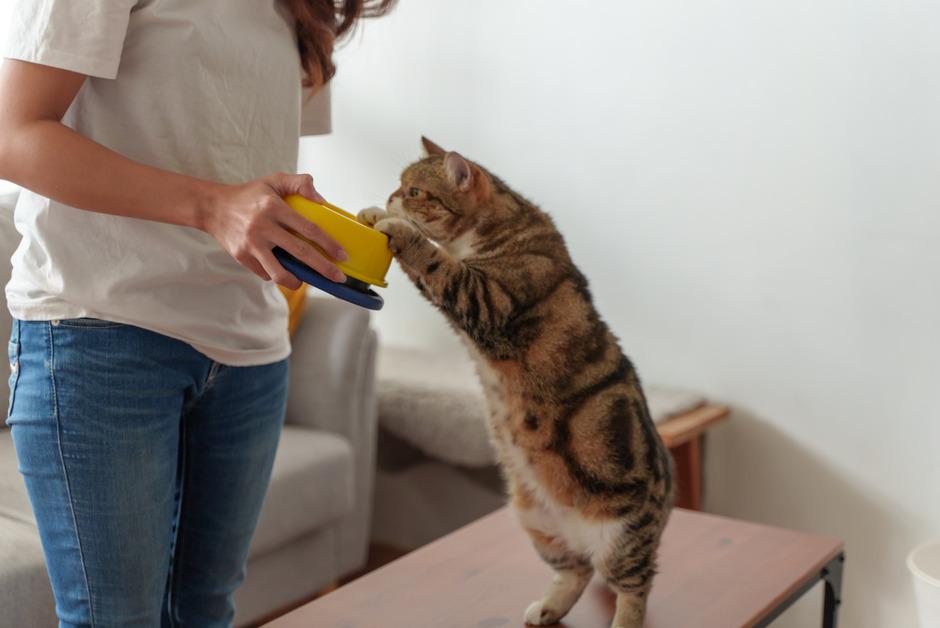
What to do for a cat who isn't eating:
According to FETCH by WebMD, the best you can do is take your cat to the veterinarian to figure out what could be going on. The vet may give alternative food options and in cases of illness, they could prescribe appetite stimulants.
Another thing you can do is figure out what kind of foods your cat likes.
This could be trying out canned tuna, heating up their food, mixing it with broth, and making sure the food is fresh and not stale.
FETCH by WebMD stresses that this does not mean giving your cat as much “people food” as they want, but if they are used to eating a lot of “people food” you can try mixing the two each meal, slowly changing the ratio until it's only cat food.